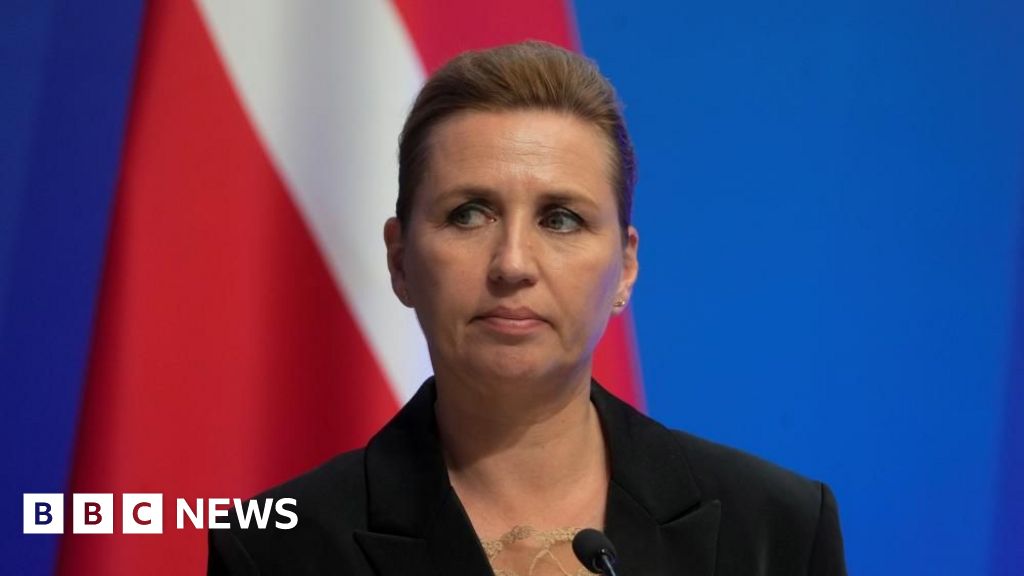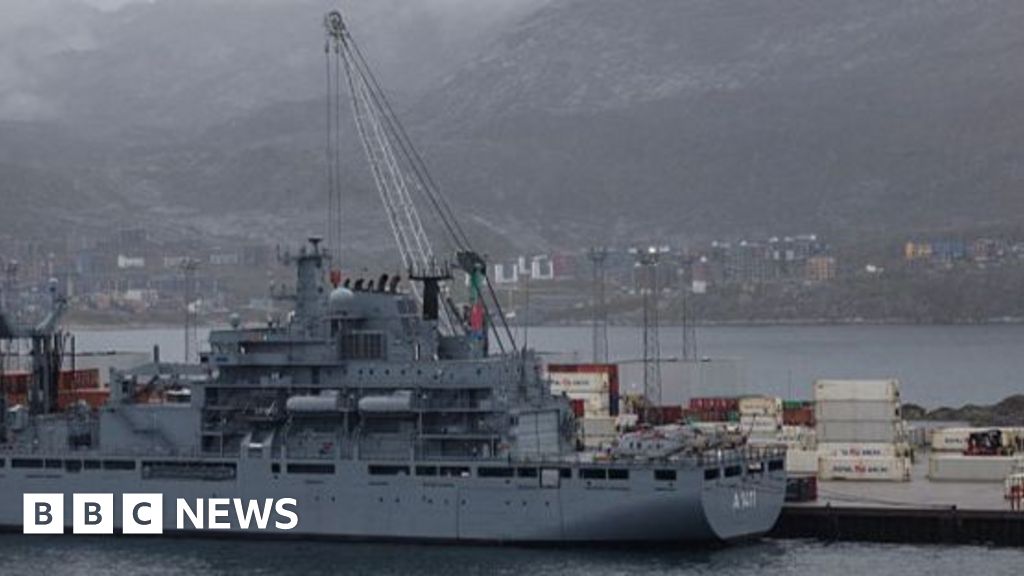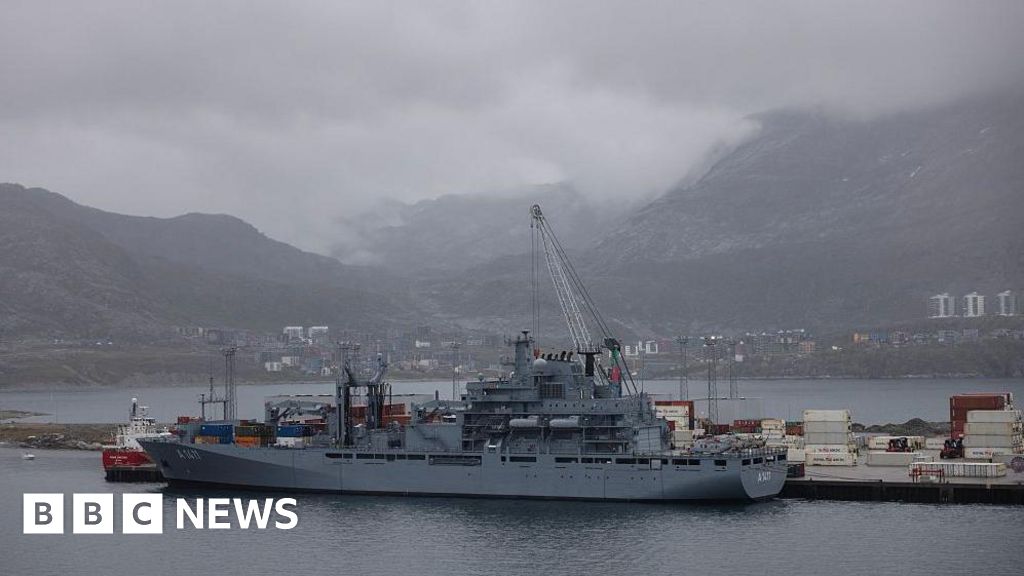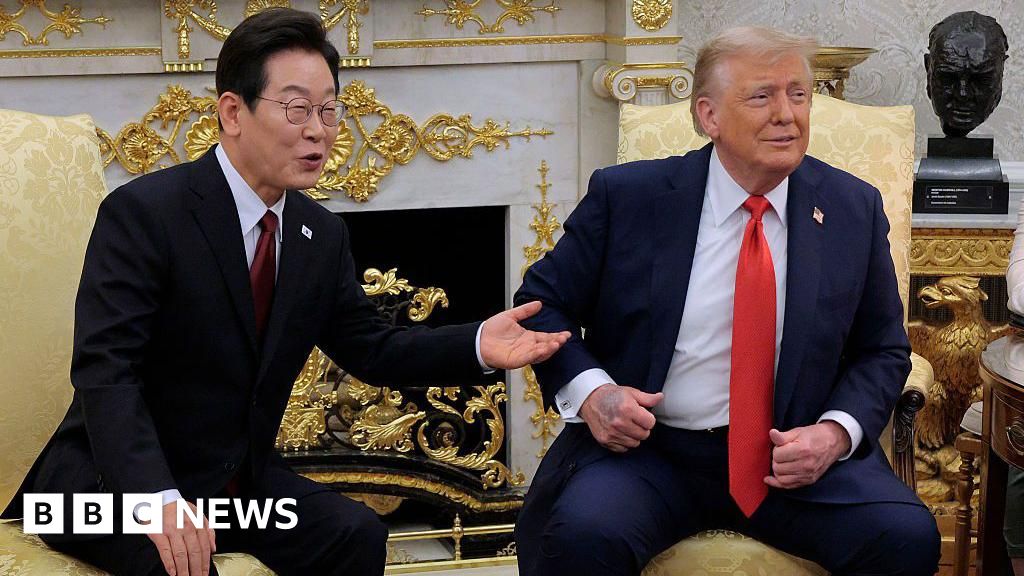When we think of Denmark, images of its chic capital Copenhagen and a reputation for liberalism come to mind. However, the nation has recently adopted some of Europe’s most stringent immigration laws, marking a significant shift in its traditional policies. Marie Sandberg, the Director of the Centre for Advanced Migration Studies at the University of Copenhagen, describes Denmark as a “pioneer in restrictive migration policies.” Surprisingly, this shift isn’t being driven by the far right, which is typically linked to such measures, but by the country’s center-left government.
Amid a Europe tense with political upheaval—the ongoing war in Ukraine and rising costs of living—migration has become a paramount issue for many Danes. The proportion of Danish residents who are immigrants has soared since the post-World War II era, especially after the influx of over a million migrants during the 2015 European migration crisis. The country's response has included confiscating the valuables of asylum seekers and implementing severe restrictions that many view as hostile.
In recent years, this restrictive approach has gained traction, with Denmark being one of the few countries advocating for processing asylum seekers outside European borders—previously utilizing an isolated island intended for other purposes. Legislation has further limited family reunification rights and made a refugee's status contingent on temporary permits. Critics argue that these policies are less about effective management and more about signaling an unwelcoming environment.
The change in Denmark’s approach is largely attributed to the Social Democrats, whose leader Mette Frederiksen distanced the party from its historically open stance on migration in favor of adopting harsher policies popularized by the anti-immigrant Danish People’s Party. This political pivot has sparked discussions on whether such maneuvers are genuinely aimed at protecting Danish values or merely a strategy for political gain. The party remains in power, having successfully navigated its 2019 elections largely by co-opting hardline rhetoric on immigration alongside traditional leftist commitments to public welfare.
Around Europe, a trend of ideological blurring is emerging. Centre-left parties across the continent are increasingly adopting dialogue traditionally associated with the far right in order to retain voter support. Leaders like UK opposition leader Sir Keir Starmer and France’s Emmanuel Macron have faced scrutiny for their stances on migration, signaling a potential shift in how political parties across the spectrum engage with this contentious issue.
Denmark has seen a notable decline in asylum claims, with numbers reaching their lowest levels in 40 years, which supporters may consider a victory. However, as the Danish government has come under fire for its changing of legal norms that could undermine humanitarian protections, experts argue that the challenge is rooted not just in migration levels, but in the broader consequences for social cohesion and Denmark's international image.
In stark contrast stands Spain, where Prime Minister Pedro Sanchez champions legalizing undocumented migrants to address pressing labor shortages amid economic growth. This divergence in policies raises the question of what constitutes distinctively successful migration management.
As migration contexts shift, the ideal plan balancing economic needs, public sentiment, and humanitarian principles remains elusive. While some nations forge towards restrictive measures, others navigate towards maximizing immigrant contributions. Denmark’s evolving immigration policy, once seen as a template of inclusivity, now stands as a controversial case study in broader European politics, posing critical questions about national identity, economy, and foreign policy in a deeply interconnected world.





















